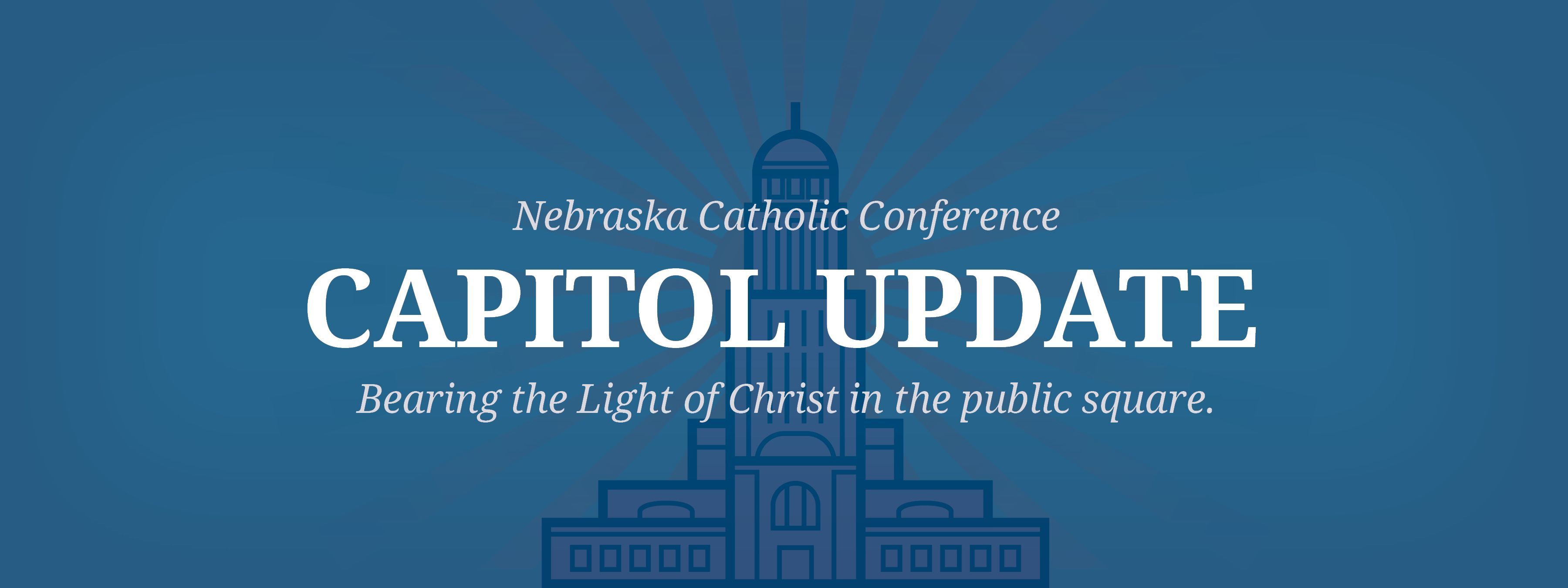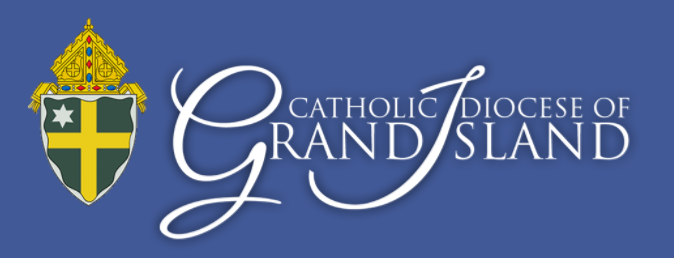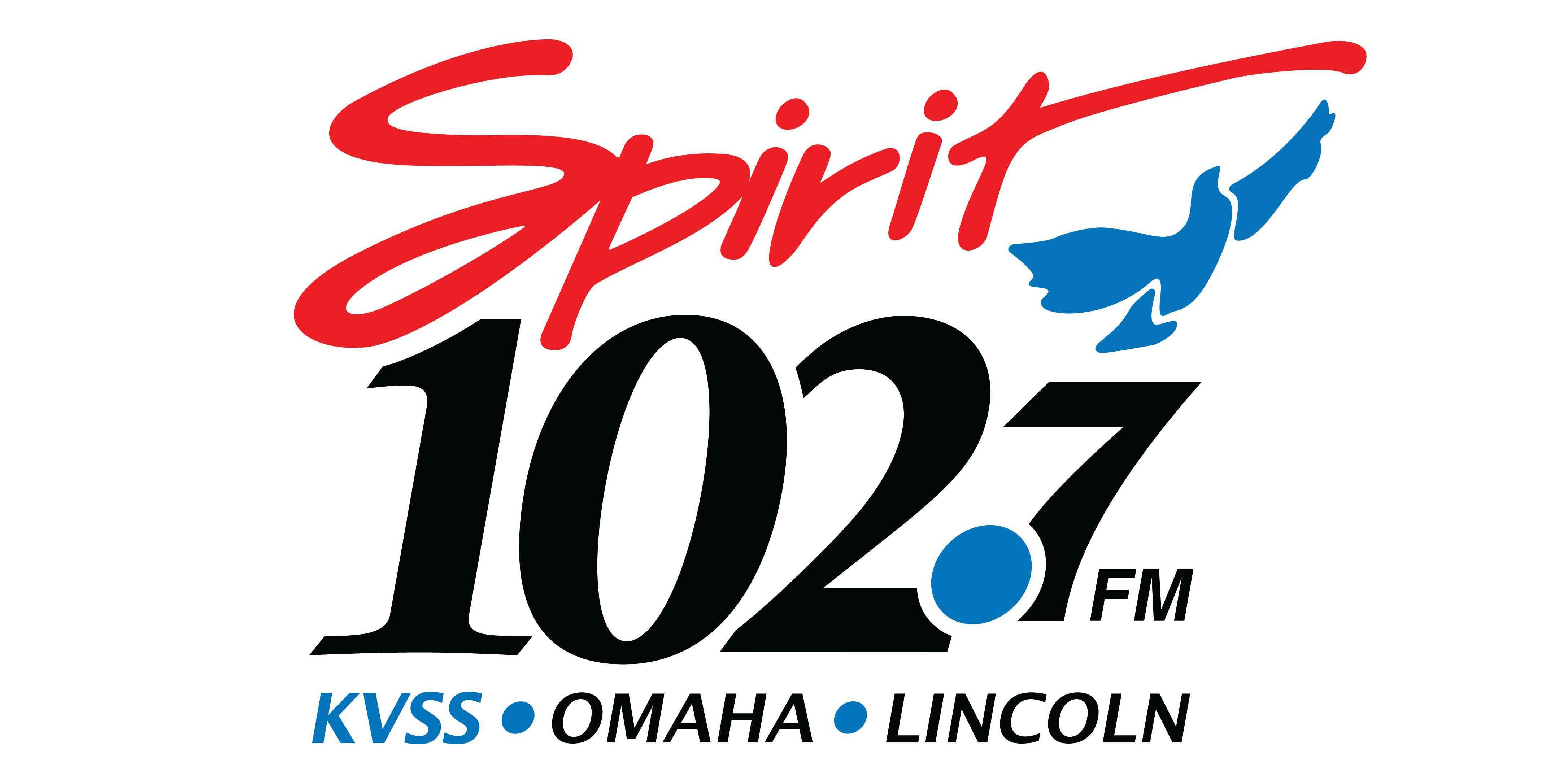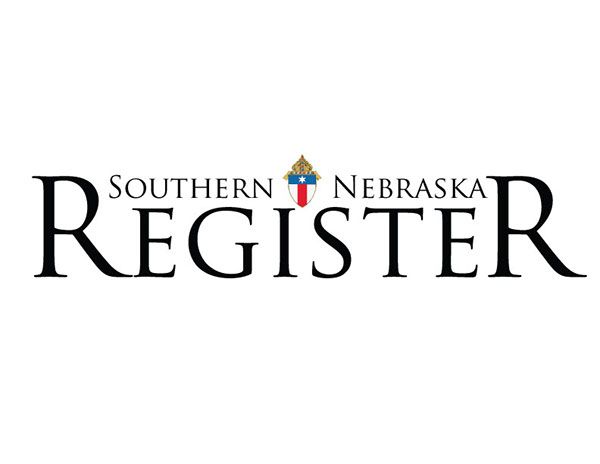Note: This column is the third of several columns that will run up through Election Day (Tuesday, Nov. 8). No single column on the theme of voting as a faithful Catholic can cover every important point that is required for voting with an informed conscience. The hope of these columns is to hit on some major themes Catholics should consider during an election cycle. I highly encourage you to read "Forming Consciences for Faithful Citizenship: A Call to Political Responsibility from the Catholic Bishops of the United States." This relatively short, but incisive document covers significant ground on the theme of voting as a faithful Catholic, and it is well worth your time.
The Second Vatican Council document Gaudium et Spes lays out a beautiful presentation of conscience: “Deep within his conscience man discovers a law which he has not laid upon himself but which he must obey. Its voice, ever calling him to love and to do what is good and to avoid evil, sounds in his heart at the right moment…. For man has in his heart a law inscribed by God…. His conscience is man’s most secret core and his sanctuary. There he is alone with God, Whose voice echoes in his depths.”
That same Council, in a different document, Dignitatis Humanae, further underscored that the human person “must not be forced to act contrary to his conscience. Nor must he be prevented from acting, according to his conscience, especially in religious matters.”
We see, then, that conscience has a right (and even a duty) to seek out the Truth, and to follow that Truth where it may lead the human person. At the same time, there is a duty imposed on those persons or entities outside of the conscience. For example, as Dignitatis Humanae lays out: “The human person has a right to religious freedom. This freedom means that all men are to be immune from coercion on the part of individuals or of social groups and of any human power, in such wise that in matters religious no one is to be forced to act in a manner contrary to his own beliefs… whereby privately or publicly, whether alone or in association with others, within due limits…. This right of the human person is to be recognized in the constitutional law whereby society is governed. Thus it is to become a civil right.”
Pope Benedict XVI in his visit to the United States recognized this freedom to act in accord with one’s conscience, especially as related to religious matters, “the most cherished of American freedoms.” The U.S. Bishops have also coined religious freedom “our first, most cherished liberty.”
And as with any treasure we cherish, vigilance demands each and every one of us to protect this treasure for ourselves and for the next generation.
So, how does this apply to the election context?
As Catholics our obligation during election season is to figure out where the candidates stand on any number of issues, including conscience rights and religious liberty. Do the candidates who are running for public office in your area have a proper and appropriate view of the human person and their rights to conscience and religious liberty? You may even want to know whether this issue is a core conviction for them.
Where do they stand on allowing religious organizations and religious entities the freedom to not only worship according to their religious traditions but also the freedom to exercise these beliefs outside the four walls of their place of worship? For example, do they support religious charitable institutions to serve the poor, immigrant, and other vulnerable communities in accord with their religious values and mission?
How do they view the conscience and religious liberty interests (not to mention the professional judgments) of health care workers and institutions? Would they protect the sincerely held religious beliefs of physicians and health care institutions who chose not to perform problematic medical procedures and interventions?
How do they view the free speech rights of students, teachers, or others engaged in religious speech at public places, such as public universities and colleges?
These types of questions can help you get a quick sense of where a candidate running for public office stands on conscience and religious liberty interests. As you assess these candidates, you will ultimately have to ask yourself the overarching question: Will this person protect the common good and advance the dignity of the human person?
God bless you as you ask these tough questions while you do your candidate “homework.”







